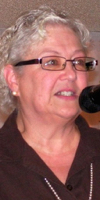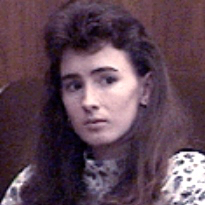
Oct. 19, 2017
“Though ‘Mindhunter’ at times seems like a fictitious nightmare, the new Netflix series is very much rooted in reality. Holden Ford (Jonathan Groff) is based on real-life FBI agent John E. Douglas, and Dr. Wendy Carr (played by Anna Torv) is based on Dr. Ann Wolbert Burgess, a pioneer in the treatment of trauma and abuse victims….
“The character molded after Burgess helps Ford and his partner legitimize their research with her sociological and science-backed knowledge….”
– From “The Influential Trailblazer Who Inspired Mindhunter’s Dr. Wendy Carr” by Kelsey Garcia at Popsugar (Oct. 16)
Yes, it’s just a TV character. But the depiction of Ann Wolbert Burgess as a trustworthy source of “science-based knowledge” should appall anyone who recalls her national prominence in igniting the “satanic ritual abuse” day care panic.
Most grievous for the Little Rascals defendants, it was Burgess who led a three-day conference in Kill Devil Hills just months before Bob Kelly’s arrest. The agenda: learning how to spot child molesters operating day-care facilities.
She has never apologized.
![]()









